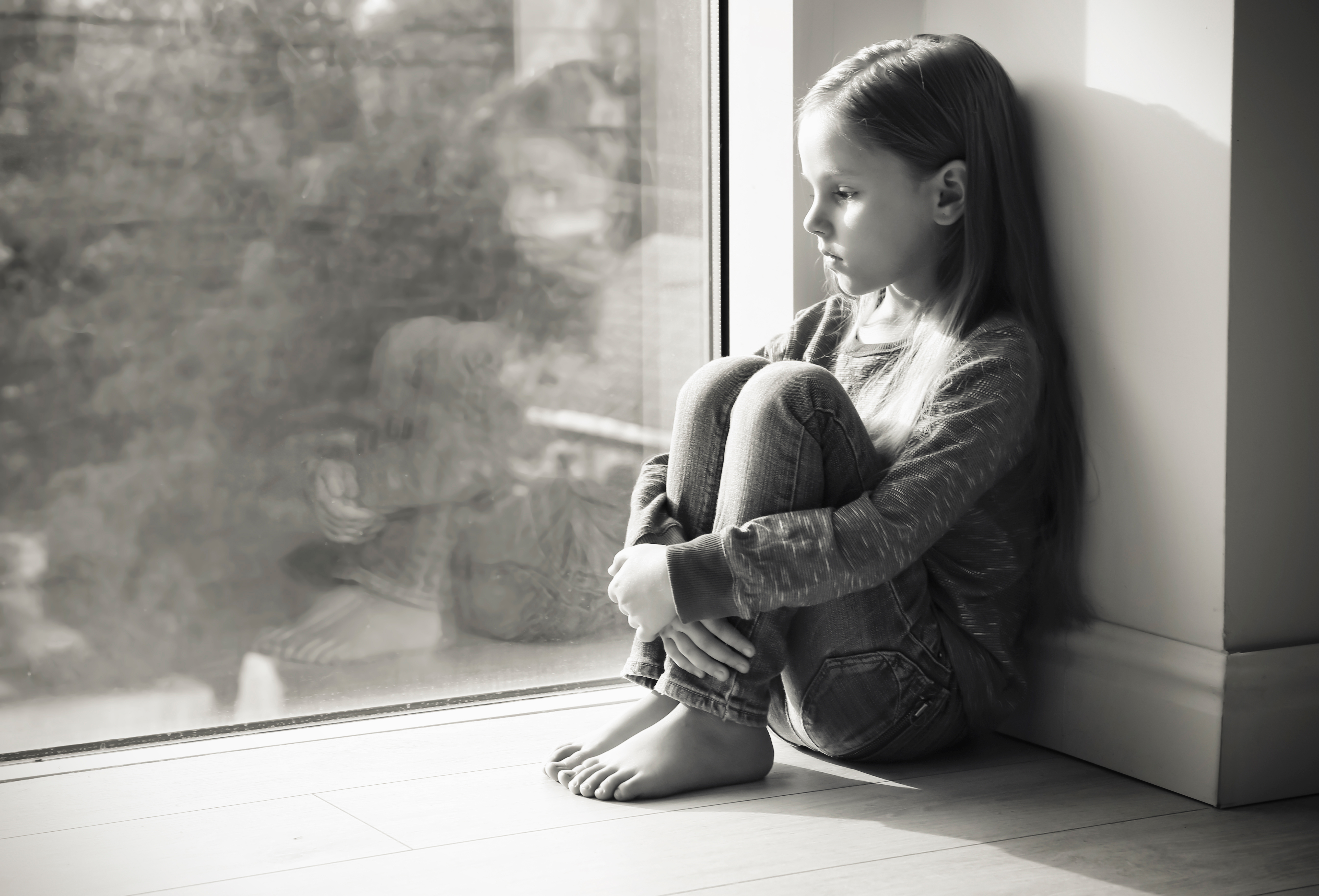We’ve seen in this last year, with the huge critique of the psychopharmacological in certain industries – the drug industries – that drugs themselves have their danger points and don’t solve problems. They can ameliorate things, like all placebos can for a time. But, for example, if you’re on antidepressants, everyone knows it’s almost impossible to come off them because they put you in a different place and you have to stay in that place. They can lead to suicide and so on and so forth. So, the drugs themselves are not necessarily a total solution for a way to lead a life.
The medicalisation of happiness
Writer and Visiting Professor in Medical Humanities
- Much of our life has been colonised by the medical professions in the 21st century. Happiness itself has become medicalised, as has unhappiness.
- We’ve actually medicalised children’s attention deficit into a disorder. It may not actually be a disorder of the child. It may be a disorder of society as a whole and needs intervention other than medical intervention.
- We may have more happiness if we pay attention to ways in which we can change the system or make it, rather than engaging with doctors.
- Happiness is not only something that exists for a moment. You can be happy and still have bad moments. You can be happy and still have very difficult times in a relationship or in a set of relationships.
Happiness has become medicalised
Much of our life has been colonised by the medical professions in the 21st century. Happiness itself has become medicalised, as has unhappiness. We become less tolerant of frustration. We think we immediately need to run to a medical psychiatrist or a therapist if we can’t cope with our daily life. We have medicalised our children. One of the interesting things that’s happened in this century is that children’s behaviour has been so grossly medicalised that we live in an era where all our attention is at a deficit because we have so much information being pumped at us through our various devices and through the World Wide Web. We’ve actually medicalised children’s attention deficit into a disorder.
Attention deficit disorder first came into being when Ritalin® was discovered to have an effect on children’s attention; from being a very minor category of behaviour and psychiatric intervention, it became a rather large category. More and more children were diagnosed with attention deficit disorder or attention deficit hyperactivity disorder. We have to ask ourselves, in a time when we’re so concerned with the attention economy, do we want to target the child itself with a disorder which seems to be linked so much to this attention economy. It may not actually be a disorder of the child. It may be a disorder of society as a whole and needs intervention other than medical intervention.

The shopping arcades of sexual partnership
The same has happened in many, many spheres of our lives, for example the kinds of frustration that we would accept as being part of life: I haven’t found a woman that I really, really want so I’m going to go online and choose a great many women, one for this night, one for the next night, one for the night after. And I will find real happiness – ecstasy with the high the drugs give me – with a woman that I have shopped for, bought in this retail arcade of photographs and attributes online. And I will find happiness.
Well, happiness doesn’t necessarily come from that kind of activity. It becomes a pursuit in itself and only leads to what we would now call addictive behaviour so that all you can think of is the pursuit. And many people have talked about the way in which the click on their image online in the shopping arcades of sexual partnership gives them more pleasure than the actual encounter because they feel loved at that moment. But the sexual encounter itself may be fine, but it may not be all that fine. And the lack leads you to more pursuit. But is that a definition of happiness? So maybe rather than going to the doctors with either a sexual addiction or a need for a different kind of drug, which will take away our depression which has come as a result of too much of this single pursuit, we actually redefine what it is that we want and we redefine choice in this area and think that maybe you can’t choose in a conscious way what is actually going to give you the buzz of happiness.

Happiness and relationships
Happiness may be a different thing. It may be chatting to friends. It may be having greater friendships which aren’t made up just of clicks, of likes. It may be through painting or through playing tennis, whatever it happens to be. It isn’t something which is necessarily linked to the swallowing of a pill, which promises a kind of instantaneous relief of an unhappiness, which itself is linked to a drug culture, because there is no instantaneous relief. There are a great many frustrations. We just need to bear these frustrations and go on.
The same thing with relationships. Relationships too quickly are given over to some kind of intervention from without because we cannot stand the long haul or the frustrations that are part of the elaboration of love through life. We think that the love is wrong. We’re going to purchase another. We’re going to have another blonde in the way that some of our ministers and politicians seem to have recourse to instead of actually paying attention to the nature of the way in which their children are brought up and so on and so forth.
Debunking prescribed happiness
Some of these kinds of conditions, rather than being medicalised, are actually part of our political settlement and the kind of unhappiness that comes out of living in a particular kind of system. And we may have more happiness if we pay attention to ways in which we can change the system or make it, rather than engaging with doctors.
It’s very interesting that in this history of mind doctors, it’s always the other which is seen as bearing the brunt of insanity. In our society, where Blacks are discriminated against, it has often been seen and noted that Blacks are given more diagnoses of a severe kind – which need either incarceration or the stigma of hard psychiatric drugs – than whites because their form of acting on their emotions is seen as too extreme. People don’t know how to understand it. It’s “other”, in the same way in which women’s extreme emotions were seen as “other” and needed medicalisation.
In terms of this medicalisation of our society, the doctors themselves would be very happy if certain kinds of ailments didn’t come to them. But we’re seen as part of a wider social problem than something which was an individual problem and could be somehow made better by the acquisition of a pill.

You can be happy and still have bad moments
Writing and painting and literature and philosophy have always shown that life has many, many stages and many forms of expression of emotions and many kinds of emotion that come into it. And time changes one. It doesn’t take drugs to change one: time itself changes one. It changes the nature of relationships. It changes our desires. It changes our relationship to our children and the other people in our lives.
It’s important to put that notion of time into the equation of emotions and what we like to call well-being, which we have called happiness. Happiness is not only something that exists for a moment. You can be happy and still have bad moments. You can be happy and still have very difficult times in a relationship or in a set of relationships. You can have a good life and still have moments of extreme emotion. We hope there will be extreme emotion because love itself is an extreme emotion and forces you to think in obsessional terms, forces you to reconsider yourself in different ways. But the highs of love, the moments of great passion, don’t necessarily last forever. They change, they transform, they metamorphose into other kinds of happiness.
I think it’s important to try and think about life not just as something of the moment, something that can be sedated by a pill or treated by a pill, but as something which allows you to experience a full range of emotions through time. And some of those emotions themselves, some of those moments, may seem mad to you.
Discover more about
extreme emotions
Appignanesi, L. (2018). Everyday Madness: On Grief, Anger, Loss and Love. Fourth Estate.
Appignanesi, L. (2014). Trials of Passion: Crimes in the Name of Love and Madness. Virago Press Ltd.
Appignanesi, L. (2013). Losing the Dead. Virago Modern Classics.
Appignanesi, L. (2012). All About Love: Anatomy of an Unruly Emotion. W. W. Norton & Company.
Appignanesi, L. (2009). Mad, Bad and Sad: Women and the Mind Doctors. W. W. Norton & Company.
Appignanesi, L., & Forrester, J. (2005). Freud’s Women. Basic Books.